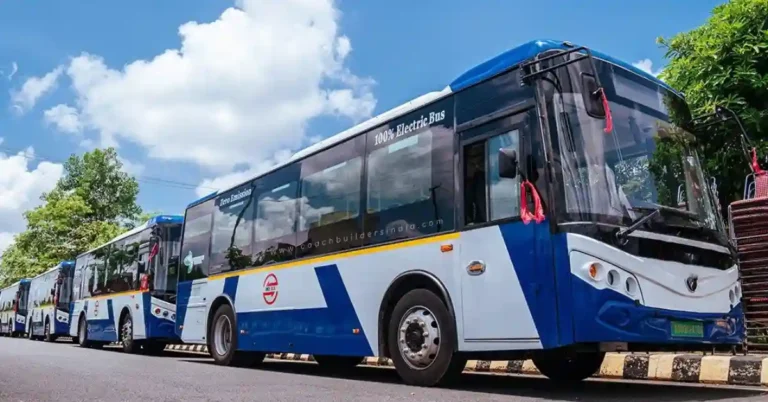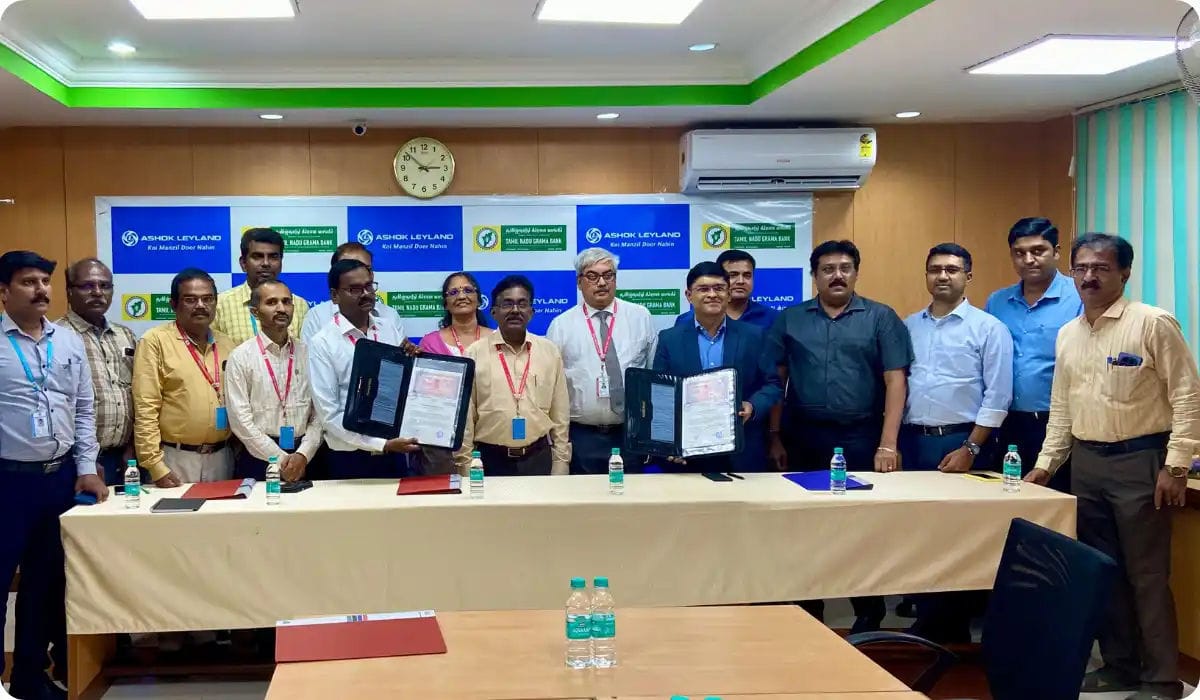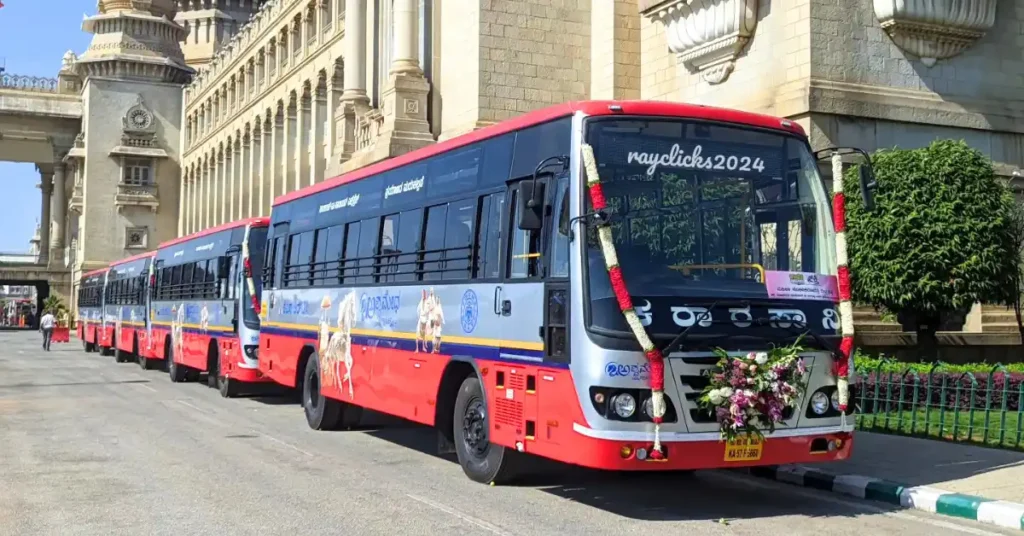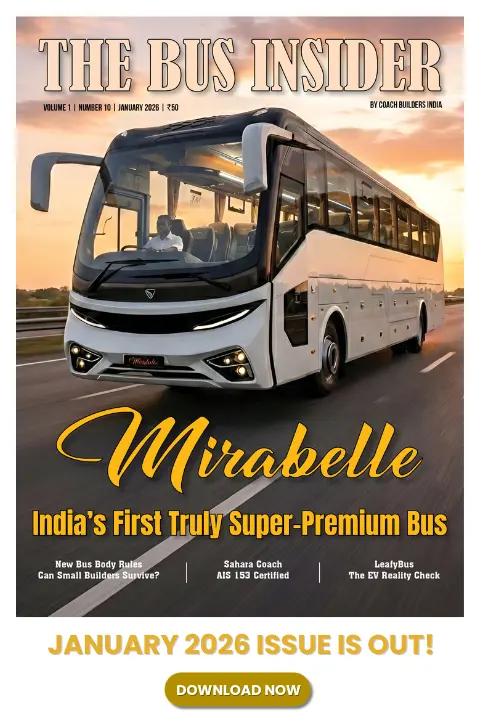Karnataka electric bus programme Approved: 4,000 Electric Buses Will be Added to Fleet
The Karnataka electric bus programme will introduce 4,000 new buses across BMTC, KSRTC, and KKRTC fleets, backed by a ₹3,000-crore World Bank loan to support cleaner, modern public transport.

The Karnataka Cabinet has approved a major electric bus programme aimed at adding 4,000 electric buses to the state’s public transport fleet. The initiative is being rolled out in collaboration with the World Bank and marks a major leap in Karnataka’s efforts to reduce pollution and modernize its transport infrastructure.
Under the Karnataka electric bus programme, the Bangalore Metropolitan Transport Corporation (BMTC), Karnataka State Road Transport Corporation (KSRTC), and Kalyana Karnataka Road Transport Corporation (KKRTC) will jointly benefit from a ₹3,000-crore loan extended by the World Bank at low interest.
The funding proposal, routed through the Department of Economic Affairs (DEA), formalizes a Preliminary Project Report (PPR) submitted by the state.
This large-scale expansion is intended to tackle multiple urban challenges—ranging from deteriorating air quality to rising traffic congestion—by offering cleaner and more reliable transport options to the public.
Olectra to Deliver 297 Electric Buses to HRTC: Order Worth ₹424 Cr
Karnataka’s electric mobility initiative is in step with India’s broader ambition to introduce 50,000 electric buses on the roads by 2030, as outlined in the National Electric Bus Programme.
According to Law and Tourism Minister H.K. Patil, the programme will transform public transit accessibility while significantly contributing to the state’s green mobility goals.
BMTC has already established itself as a pioneer in electric mobility. It was among the first public transport corporations in India to introduce electric buses, launching a 10-bus pilot in 2017 under the FAME-I scheme. Since then, the fleet has expanded to over 1,000 electric buses currently operating in Bengaluru.
The buses are supplied by major industry players. Tata Motors’ subsidiary, TML Smart City Mobility Solutions Ltd, has provided 637 twelve-metre electric buses built at its Dharwad plant under FAME-II.
Switch Mobility, part of Ashok Leyland, has supplied an additional 300 buses, while the JBM Group has delivered 90 nine-metre-long models under the Smart Cities Mission. These vehicles are operated under the Gross Cost Contract (GCC) model, where the manufacturer handles both maintenance and staffing.
All existing buses in BMTC’s electric fleet are non-air-conditioned, but they mark a vital shift toward energy-efficient, low-emission urban transport. The new phase under the Karnataka electric bus programme is expected to not only boost the number of buses but also broaden the reach of electric mobility in tier-2 and tier-3 cities across the state.
As electric vehicle adoption gathers pace across India, Karnataka’s aggressive push for cleaner transit options stands out. The upcoming expansion is expected to make public transport more appealing, reliable, and environmentally responsible—making it not just a transit policy but a statement of intent.
Catch the latest Bus Industry updates, Exclusive Interviews, Bus News, and International Bus News on Coach Builders India. Download the latest issue of the The Bus Insider magazine for more insights.







